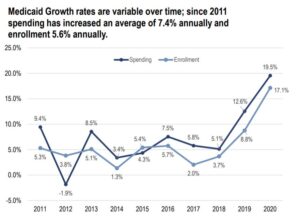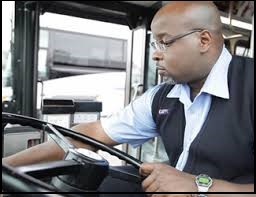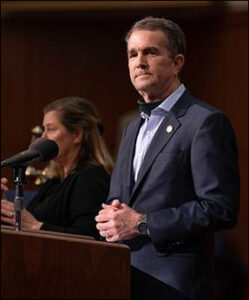By James C. Sherlock

Chloe Cole after childhood surgical transition to a boy (left) and de-transition to a girl (right) – Courtesy of Chloe Cole and the New York Post
The New York Post wrote recently:
At 12 years old, Chloe Cole decided she was transgender. At 13, she was put on puberty blockers and prescribed testosterone. At 15, she underwent a double mastectomy. Less than a year later, she realized she’d made a mistake.
Note the gracious acceptance of agency by this young woman, even though she made a “decision” at 12 that she was transgender. Some clearly think that a child of twelve is mature enough to make such a decision.
We see no such agency proclaimed by her parents, pediatrician, endocrinologist or psychologist. I am sure they were “supporting” that child.
No agency is apparently accepted by the state in which she lived. The state in which her doctors were licensed.
Let’s examine the agency of the adult players in such matters in Virginia.

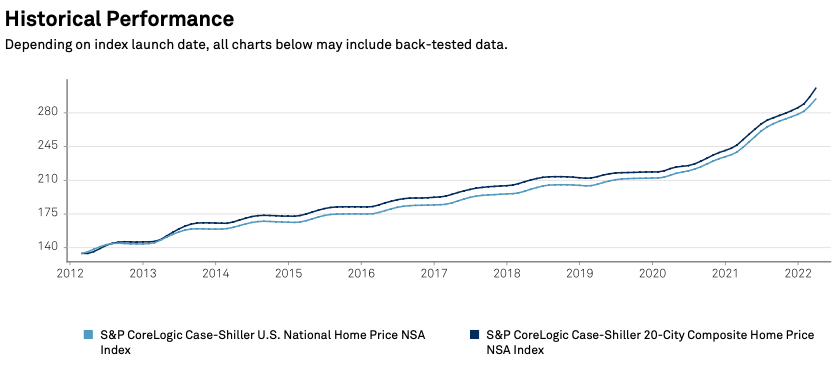
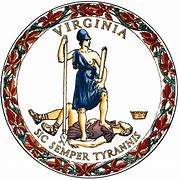 by James C. Sherlock
by James C. Sherlock

